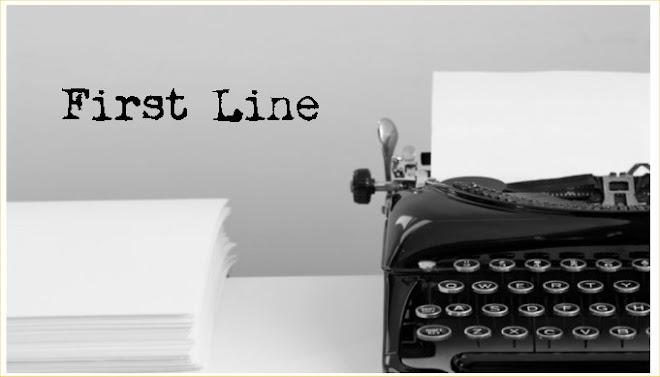I've had a few conversations with writers lately where they confessed to me they weren't really sure how to go about revising their work in the best way. That got me wondering if there are people reading this blog who feel the same way. I'm one of those writers who believes good writing is about rewriting (and rewriting and rewriting). And I'm good at revising. But I didn't start off that way. Revision is a craft. It's a skill you get better at with practice. So in that spirit, I thought today's exercise would focus on revision.
Get out a first draft (or a second, third, or fourth draft you're working on). Here's the thing about revision - you don't have to focus on everything at once. So, as you read through your draft concentrate on removing words. The goal of this new draft is to get the word count down. It doesn't matter if this a postcard story with only 150 words - you want to tighten up the writing, because good writing is tight. Look for spots in your story where you are getting wordy. Where maybe you are going on a bit too long explaining things or describing things. These spots slow down the pace of your writing. Remove all unnecessary words or rewrite the sentences completely to make them more concise. Pay close attention to adjectives and adverbs - these are often places you can strengthen your writing by cutting. Be ruthless. Can you get the word count down?
Subscribe to:
Post Comments (Atom)




2 comments:
In his book On Writing, Stephen King explains that his rule is to do a word count and then cut 10%, no matter what. Given the unnecessary length of sodden works like Dreamcatcher, I almost can't fathom how many words he must write in order to cut 10% and still wind up so verbose, but his earlier work is quite tightly composed and it's a good rule to go by, especially since the coldness of the numbers makes the task more about precision than about artistry--it reminds us that what we do is a craft. When I introduce this rule to my students, I usually tell them that beginning writers (and probably Stephen King himself) would be better off cutting 20%, just for the exercise of it. One of my favorite Truman Capote quote is "I believe more in the scissors than in the pencil." Good advice, indeed!
I also like the revision exercises espoused by the "This I Believe" series on NPR: They suggest starting with a brief "credo" paragraph, just 250 words to get the ideas on paper. Then they have you rewrite the ideas in a full-blown 3-4 pages, developing the concepts as fully as possible. Finally, you whittle all that down to the "This I Believe" limit of 350-500 words. I have used this exercise in my introductory composition courses as a crash course in the entire writing process--invention, creation, and revision--and the students have almost uniformly found it HUGELY beneficial.
Strangely, I've been getting more expansive in my revisions lately, with rewrites often winding up longer than they started, and for a time I thought this was a good thing. I still do, in some respects--I feel like I used to leave a lot unsaid, to the detriment of my stories--but I maintain that precision (if not brevity or even concision) is the most important aspect of any written work, and I like your practical ideas here. For example, when I was going through my novella several months ago to clean it up, I decided to run the thing through a word-frequency program just to make finding adverbs easier, and then I searched for all the adverbs in the story. When I started, I'd allowed myself a LOT of adverbs (I think in the 35,000-word story, I'd wound up with an adverb count in the low triple digits, which for me is an outrageous ratio), but by the time I'd finished working over the story, I'd cut all but three or four. In most cases, the cuts were easy--the adverbs hadn't added a thing--but in a few fantastic sentences, I had to perform some exhilarating syntactical gymnastics to cut the adverb and still get the meaning right, yet the resulting sentences are some of my favorite in the whole 110-page story!
Thanks for posting this! You've helped put me into a revision mindframe I needed this coming week!
The Stephen King comment made me laugh!
Cutting is indeed essential to good writing, but your comment concerning expanding is absolutely true. In some parts you need to cut - in others you need to explain yourself more fully. It's the yin and the yang of writing. I didn't want to get into that with this exercise - maybe another day. But that's what pacing is about. In some places you need to speed your writing up (cutting) in others you need to slow it down (expand). Learning what a piece of writing needs to become better is a skill a writer will spend their entire lifetime perfecting. I find that strangely comforting. I like knowing I will never master it - there will always be more to learn. In that way writing is like life itself.
Post a Comment